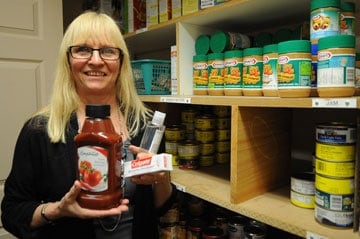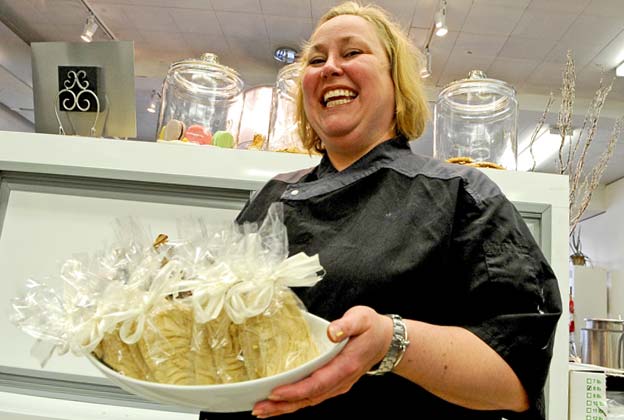Woolwich feels a bit like Charlie Brown after Lucy yanks away the football in the wake of the province’s decision against a casino in Waterloo Region. Instead, gaming in the area will remain at the Grand River Raceway in Elora.

The province set up the rules, the township followed the rules and took a pounding in some quarters – “we took our hits” – and then got nothing for its troubles, said Mayor Todd Cowan following last week’s announcement by the province.
“We knew going in it wasn’t guaranteed,” he added, noting the township feels somewhat cheated by the rule-change late in the game.
Woolwich was the sole community in Waterloo Region to vote in favour of hosting a casino after the Ontario Lottery and Gaming Corporation announced it would expand its offerings across 29 newly-created gaming zones under its so-called modernization plan. The township is part of a zone that also includes Kitchener, Waterloo, Wilmot Township and parts of Cambridge and Wellington County. The OLG was out in force last year seeking municipalities willing to host a new facility.
A new casino in the township would have meant the closure of the slots facility at the Grand River Raceway in Elora. OLG’s plan originally called for partnerships with the private sector in offering up new facilities closer to its customers than is currently the case with some of the slots-at-racetrack operations. This fall, however, the government backtracked on moving away from the horse racing industry.
“As you are aware, as part of the new five-year horse racing partnership plan announced October 11, the government is integrating horse racing with OLG modernization,” said Finance Minister Charles Sousa in a letter to Cowan.
“In your region, integration of OLG modernization and the horse racing community has been considered, and the government and OLG have determined that Grand River Raceway continues to be a viable location for a gaming site. OLG has a lease agreement with the racetrack site owner to remain in the existing gaming site location.”
The decision was welcome news to Ted Clarke of the Grand River Raceway, who said the operation now has some breathing room.
“We’ve been given a new lease on life.”
Given that the horse industry no longer receives a cut of the slots revenues – the previous deal had given it 10 per cent – the long-term impact on the sport remains up in the air, he said.
In its October announcement, the province pledged $400 million over five years to help the horse racing industry with the transition.
At Grand River Raceway, the number of races is likely to decline at least slightly next year, Clarke predicted, though purses should remain about the same.
Whether the current 240-slot facility will be expanded – the OLG envisions up to 1,200 slot machines and 55 gaming tables at a facility in the zone – will depend on the outcome of the agency’s process to partner with a private operator, he added.
The province is currently qualifying parties interested in submitting bids to operate facilities in the 29 zones.
Despite the uncertainty, Clarke said he sees a brighter future for the raceway, expecting there will be more cooperation in the promotion of racing and gaming at the site.
“That’s part of the program that’s being rolled out.”
Also pleased with the decision there’ll be no casino in Woolwich is Clint Rohr, a member of Woolwich Concerned Citizens Against Gambling Expansion.
“It was the best-case scenario. I think the general public in Woolwich are generally pleased,” he said this week, arguing that council was on the wrong track in voting to host a casino because most residents were opposed to the idea.
Michael Harris, the Tory MPP for Kitchener-Conestoga, said the “divisive debate in the region” could have been avoided if the government had heeded his party’s call for putting the issue to a referendum vote.
“This could have been avoided if that regulation had been in place,” he said in an interview Tuesday, noting the process pitted communities against each other only to see the rules change.
“That was unhealthy, and for what?”
Though the township may not have been counting the money, as Cowan noted, there’s some disappointment in losing the chance at revenues conservatively estimated at $4 million a year, plus the township’s share of $3.5 million in taxes a new casino might have contributed to local coffers.
That money would have gone a long way to supporting infrastructure projects in the township, said Cowan. Now, council will have to search out alternatives for funding such projects.
“We have to look at that, ask ourselves ‘Where else can we find some opportunities?’”
With both the provincial and federal government tackling deficits, the township can’t expect much funding from that direction. Nor can the township simply resort to tax increases, as that wouldn’t work with the public, he said.









